On the day
after Charles arrived at Trent with Jane Lane and Henry Lascelles, it seemed
that he was close to finally escaping from England. Frank Wyndham expected to be able to find a
boat to carry the king away, so Jane and Henry set off for home in Staffordshire after nine eventful days riding with Charles.
 |
| A 1660 broadsheet recounting Charles's escape |
Wyndham rode
to Melbury to seek help from Sir John Strangways, and found Sir John’s son,
Colonel Giles Strangways. Anne Wyndham
later wrote, “They walked into the park adjoining the house, where Colonel
Wyndham imparted the reason and end of his present visit. Colonel Strangways’ answer was, that he was
infinitely grieved, because he was not able to serve his majesty in procuring a
vessel according to expectation; that he knew not any one master of a ship, or
so much as one mariner that he could trust, all that were formerly of his
acquaintance in Weymouth being for their loyalty banished and gone beyond the
sea; and in Pool and Lime he was a mere stranger, having not one confident in
either. A hundred pounds in gold he
delivered to Colonel Wyndham, to present to the king, which at his return, by
command, was deposited in the hands of the Lord Wilmot for his majesty’s use.”
 |
| View of garden from Charles's room at Trent |
Wyndham went
back to Trent to give Charles the gold and convey the bad news that the Strangways
family had not been able to provide a boat, but that Giles Strangways had told
him that “one Captain William Ellesden of Lime (formerly well known unto him)
with his brother John Ellesden … had conveyed over into France Sir John Berkley
(afterward Lord Berkley) in time of danger.” Ellesden was apparently a merchant
who had been a captain in the king’s army during the war, rather than being a
naval captain.
“To this
captain, therefore, his majesty sends the colonel, who … took an opportunity to
tell him that the Lord Wilmot had made his escape from Worcester, that he lay
privately near to him, and that his lordship had earnestly solicited him to use
his utmost endeavors to secure him from the hands of his pursuers.” According to Charles, Wyndham was “forced to
acquaint him that it was I that was to be carryed out.”
 |
| Berries growing in Trent |
At any rate,
according to Mrs. Wyndham, “the captain very cordially embraced the motion, and
went with the colonel to Charmouth (a little place near Lime), where, at an
inn, he brought to him a tenant of his, one Stephen Limbry, assuring the
colonel that he was a right honest man and a perfect royalist. With this Limbry, Colonel Wyndham treated
under the name of Captain Norris, and agreed with him to transport himself and
three or four friends into France. The
conditions of their agreement were: that before the two and twentieth day of
that instant September, Limbry should bring his vessel into Charmouth road, and
on the two and twentieth, in the night, should receive the colonel and his
company into his long-boat from the beach near Charmouth, from thence carry
them to his ship, and so land them safe in France. This the colonel conjured Limbry to perform
with all secrecy, because all the passengers were of the royal party… Limbry’s
salary was sixty pounds, which the captain engaged to pay at his return from
France, upon sight of a certificate under the passengers’ hands of their
landing there.”
Wyndham then
“came back to his majesty and the Lord Wilmot, to Trent, who at the narration
of these passages, expressed no small contentment.”
 |
| View of garden from Charles's room at Trent |
Charles was
spending his time at Trent cooped up in Lady Wyndham’s chamber, cooking food for
himself and boring holes into coins to give to people as souvenirs, and no
doubt trying to believe that somehow he would actually be able to get out of the country and to safety.




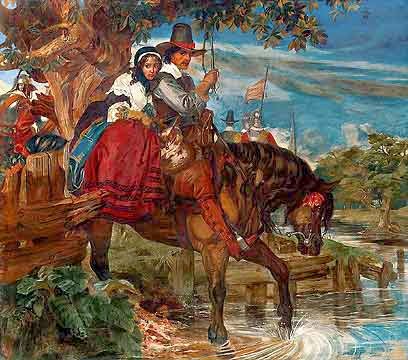

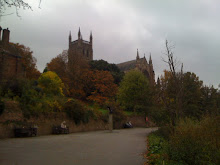
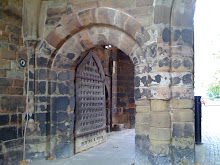



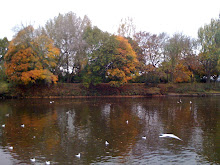
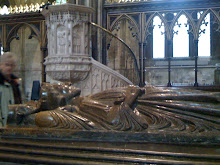
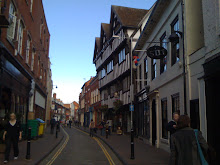

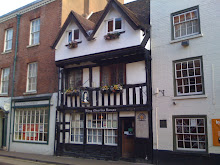
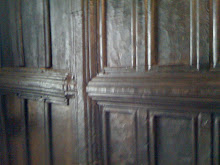















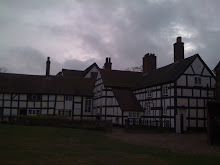

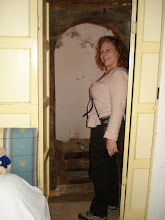
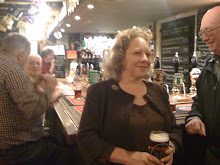
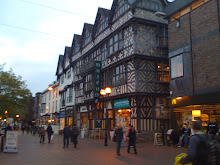
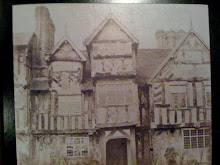


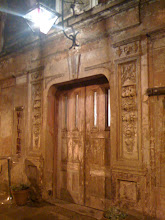
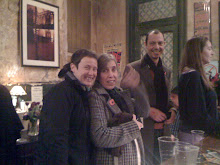


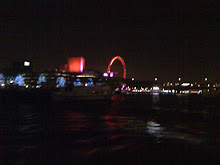

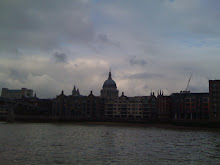
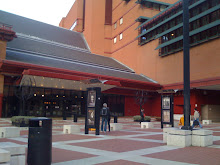

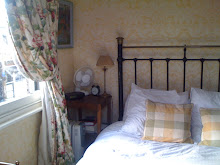






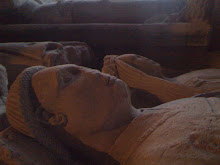
No comments:
Post a Comment